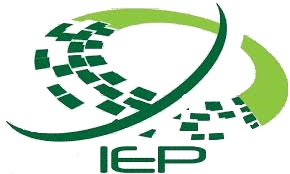
Contemporary economics considers rationality only in the context of this world without any regard to the life after death. Nonetheless, more than 90% of the people in the world are associated with any of the different religions and in most divine religions, there is concept of afterlife. The common definition of rationality would not describe their behavior as rational. This would be a violation of the basic assumption that economic agents are rational.










